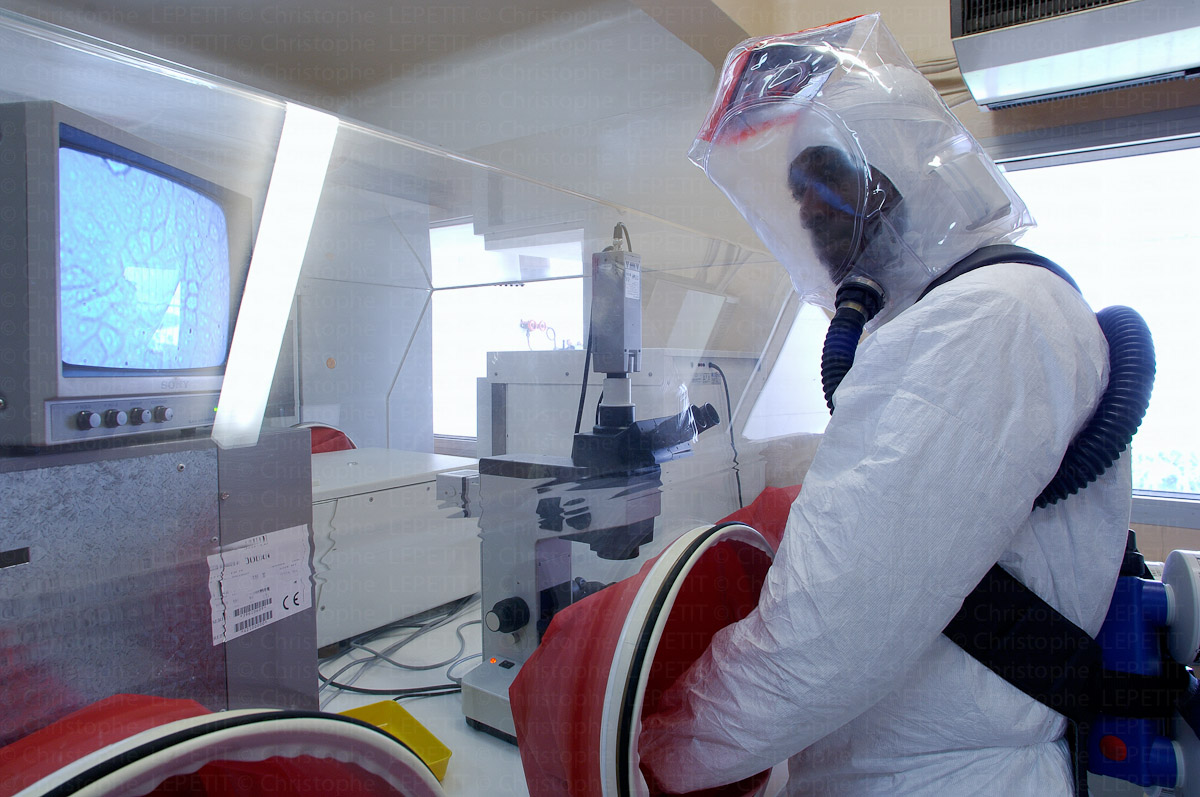The very act of suggesting or announcing a potential cure for the dreaded Ebola Virus Disease, EVD, has become riskier than envisaged as claimants of such unverified and “unorthodox” cures now stand the risk of going to prison if threats by the American Food and Drug Administration, FDA, are anything to go by.
EVD, a deadly and currently incurable disorder that has killed over 3,000 persons in West Africa since the beginning of the year, is currently in the global spotlight as local and foreign scientists and researchers as well as top pharmaceutical companies and organisations join the race to find a lasting cure to the pestilence.
But for the World Health Organisation, WHO, Centres for Diseases Control, CDC and other global health bodies there is currently remains no cure for EVD.
From bitter kola to salt water solution and Ewedu among others, the practice of unsupported, uncorroborated and potentially fraudulent claims of unverified and unscientific Ebola cures have made the rounds since the outbreak of the EVD in West Africa and Nigeria in particular.
Regulatory agencies had since gone tough on what is described as moves to prevent people from being led astray and causing more panic in the country.
Just last week, the American Food and Drug Administration, FDA, and the Federal Trade Commission, FTC, threatened three companies – the Natural Solutions Foundation, the Young Living Company, and doTerra Company – with criminal charges for making Ebola treatment claims while marketing their products.
In a copy of the strongly- worded warning letter written by the Agency over the purported fraudulent health claims regarding Ebola treatments, the FDA reprimanded the companies over claims that their products could treat or prevent Ebola.
The latest development is coming on the heels of the threat by the National Agency for Food and Drug Administration of Nigeria, NAFDAC, to prosecute a Nigerian Professor of Ophthalmology at the Lagos University Teaching Hospital, LUTH, for unverified cure claim of the EVD, using Ewedu, a native vegetable.
Penultimate week, Director – General of the Agency, Dr. Paul Orhii, who described the development as a national embarrassment, had vowed that the Ewedu cure claimant would face the full wrath of the law to serve as a deterrent warning to others with penchant to perpetuate such bogus claims that had tendency to mislead or create panic within the populace.
Essentially, claims of treatment or cures for diseases are not certifiable without incontrovertible evidence. But the FDA which threatened possible criminal prosecutions including jail, in the event of the failure to immediately withdraw such claims from the public domain, also came under criticism for its hard stance.
For instance, arguments that the FDA and other regulators failed to heed the WHO recommendation encouraging use of experimental and unproven pharmaceutical drugs including herbs or natural remedy continue to make the rounds.
In the wake of the EVD outbreak in Lagos last July, the Federal government set up a Treatment Research Group comprising top scientists and researchers including Prof. Maurice Iwu, whose researches on bitter kola as a potential cure for the Ebola disease have generated tremendous interest.
Prior to this, a Scientific Committee on Verification of Herbal Cure Claims set up last year by the Federal government has been looking into the potential discovery of a local herbal cure for series of ailments in the country.
No verifiable cure for the disease has ever been announced but strong argument has been put forward for herbal medicine which many say may ultimately hold the key to a universally acceptable cure. There are no documented reports of scientific tests with Ebola viruses using hers or other natural products.
The FDA had consistently urged consumers to be aware of unverified products sold particularly online claiming to prevent or treat the Ebola virus. Since the outbreak of the Ebola virus in West Africa, numerous consumer complaints about a variety of products claiming to either prevent the Ebola virus or treat the infection have inundated the Administration.
Although there are experimental Ebola vaccines and treatments under development, these investigational products are in the early stages of product development, have not yet been fully tested for safety or effectiveness. None of them are FDA approved and the supply is very limited.
There are no approved vaccines, drugs, or investigational products specifically for Ebola available for purchase on the Internet. By law, dietary supplements cannot claim to prevent or cure disease.
According to the FDA, individuals promoting unapproved and fraudulent products must take immediate action to correct or remove these claims or face potential FDA action.







